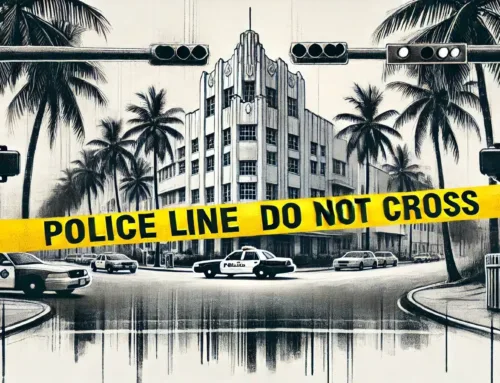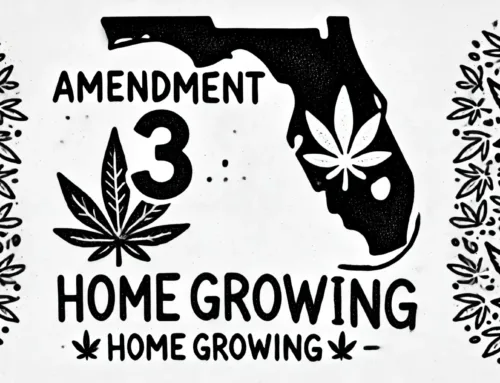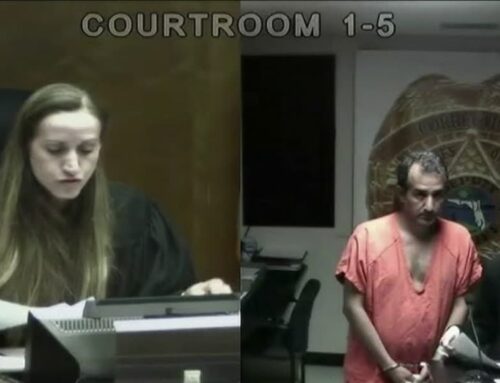Felonies vs. Misdemeanors: Understanding the Key Differences in Florida Criminal Law
If you’ve been charged with a crime in Florida, one of the first things you’ll want to know is whether it’s a felony or a misdemeanor. The distinction between the two types of crimes is important, as it can have significant implications when it comes to sentencing and long-term consequences. As an experienced Miami criminal defense attorney, I’m here to provide a thorough explanation of felonies and misdemeanors under Florida law.
Felonies: The More Serious Criminal Charges
Felonies are the more serious criminal offenses under Florida law. They are typically punishable by more than one year in state prison. Many felonies also carry steep fines, usually upward of $1,000.
There are three general felony classifications in Florida:
Capital Felonies
Capital felonies are the most severe felonies. They include first-degree murder, felony murder, and capital drug trafficking. Capital felonies are punishable by either life in prison without parole or the death penalty.
Life Felonies
Life felonies are serious violent crimes or major drug trafficking offenses. Examples include armed kidnapping, sexual battery of a child under 12, and trafficking in over 400 grams of cocaine. A conviction results in mandatory life imprisonment (sometimes with the possibility of parole after 25 years).
First, Second, and Third-Degree Felonies
The majority of felonies fall under these classifications, which are primarily distinguished by the maximum prison sentences:
- First-degree felonies: Up to 30 years
- Second-degree felonies: Up to 15 years
- Third-degree felonies: Up to 5 years
Examples include grand theft, aggravated assault with a deadly weapon, sale of narcotics, and vehicular homicide. The judge usually has discretion in sentencing below the statutory maximum unless there is a mandatory minimum sentence.
Misdemeanors: Less Serious Criminal Offenses
In contrast to felonies, misdemeanors are considered minor criminal offenses. They are punishable by county jail time of one year or less. Misdemeanors also typically involve smaller fines, usually $500 to $1,000.
There are two general misdemeanor classifications:
First-Degree Misdemeanors
These are the most serious type of misdemeanors. Examples include DUI, simple battery, and petty theft under $750. First-degree misdemeanors are punishable by up to one year in jail and fines of up to $1,000.
Second-Degree Misdemeanors
Second-degree misdemeanors involve lesser offenses, such as disorderly conduct, trespassing, and minor drug possession. The maximum punishment is 60 days in jail and fines of up to $500.
Key Differences Between Felonies and Misdemeanors
When determining whether a criminal charge is a felony or misdemeanor, here are some key factors to consider:
Potential Punishment
As discussed above, the main distinction is the potential incarceration period. Felonies involve prison sentences longer than one year, while misdemeanors result in less than a year in county jail.
Location of Incarceration
Felons serve their time in state prisons, which are longer-term facilities focused on punishment versus rehabilitation. Misdemeanants serve sentences locally in county jails.
Fines
Felonies typically involve fines over $1,000, often upward of $10,000 to $100,000. Misdemeanor fines generally fall under $1,000.
Impact on Civil Rights
A felony conviction results in the loss of valuable civil rights, like voting, serving on a jury, and possessing firearms. Misdemeanors do not cause the loss of civil rights.
Immigration Consequences
Any crime involving moral turpitude can trigger immigration consequences. However, a felony is more likely to result in deportation than a misdemeanor.
Pretrial Detention
Those accused of felonies are more likely to be denied bail and held in jail pending trial, given the serious nature of the charges. Bail is more readily granted for misdemeanors.
Burden of Proof
Due to the potentially severe penalties, the burden of proof in criminal cases is “beyond a reasonable doubt.”
Common Felonies vs. Misdemeanors in Florida
Here are some examples of common offenses that can be charged as either felonies or misdemeanors under Florida law:
- Battery – Misdemeanor battery involves a simple battery against a person. Felony battery charges arise from aggravated battery, battery on a law enforcement officer, or prior battery convictions.
- Theft – Misdemeanor petit theft involves property under $750. Felony grand theft applies to theft of items over $750 or firearms.
- Drug Possession – Possession of 20 grams or less of marijuana is a misdemeanor. Possession of prescription drugs without a prescription is generally a misdemeanor. Possession of cocaine, heroin, methamphetamine, and other hard drugs is a felony.
- Assault – Threatening to commit violence against someone is a misdemeanor assault. A physical attack with a deadly weapon is aggravated assault, charged as a felony.
- Fraud – Misdemeanor fraud covers lower-value theft through scams, forgery, bad checks, etc. Felony fraud includes schemes with losses over $300.
- DUI – First and second DUI convictions are misdemeanors. A third DUI within ten years becomes a felony. DUI manslaughter is a felony.
- Sex Crimes – Misdemeanor sex crimes include indecent exposure and solicitation of prostitution. Felonies include rape, sexual battery, child pornography, etc.
The classification of an offense as a felony or misdemeanor ultimately comes down to the precise circumstances and specific Florida statutes involved. An experienced Miami criminal defense lawyer can thoroughly review the facts of your case and provide insight into how the charges should be characterized.
Will My Charge Be a Felony or Misdemeanor?
Wondering whether you’re facing felony or misdemeanor charges? As a criminal defense attorney representing clients throughout Miami and surrounding areas, I know how confusing Florida’s criminal statutes can be. I can carefully examine the allegations and help you understand the exact charges you’re facing.
My goal is always to find every possible way to achieve a successful defense or negotiate for reduced penalties. Getting charges bumped down from a felony to a misdemeanor can serve as a huge relief. It limits incarceration time, preserves your civil rights, and avoids harsh immigration consequences.
Don’t leave the fate of your future in the hands of the prosecutor. With an aggressive defense strategy, I can fight to get charges dismissed, reduced, or plead down to a more favorable misdemeanor whenever appropriate. My firm handles all types of Florida criminal cases, from petty theft to capital murder. Call today for a free consultation on your charges and to discuss how we can start building your defense.
Contact an Experienced State Crimes Attorney
If you or a loved one has been arrested or is being investigated for a state crime, CALL US NOW for a CONFIDENTIAL CONSULTATION at (305) 538-4545, or simply take a moment to fill out our confidential and secure intake form.* The additional details you provide will greatly assist us in responding to your inquiry.
*Due to the large number of people who contact us requesting our assistance, it is strongly suggested that you take the time to provide us with specific details regarding your case by filling out our confidential and secure intake form. The additional details you provide will greatly assist us in responding to your inquiry in a timely and appropriate manner.
ALWAYS INVESTIGATE A LAWYER’S QUALIFICATIONS AND EXPERIENCE BEFORE MAKING A DECISION ON HIRING AN ATTORNEY







